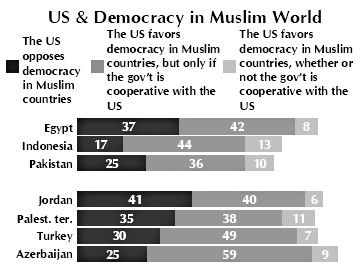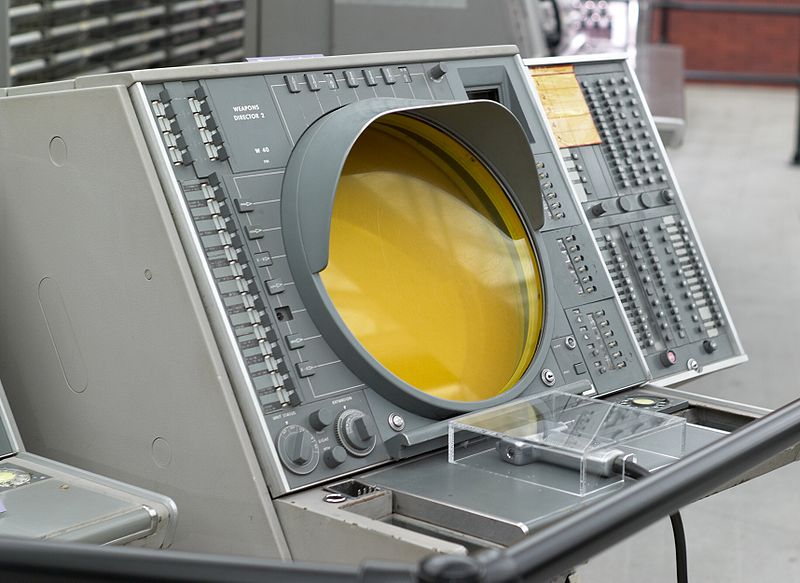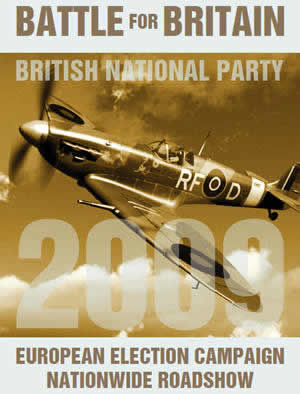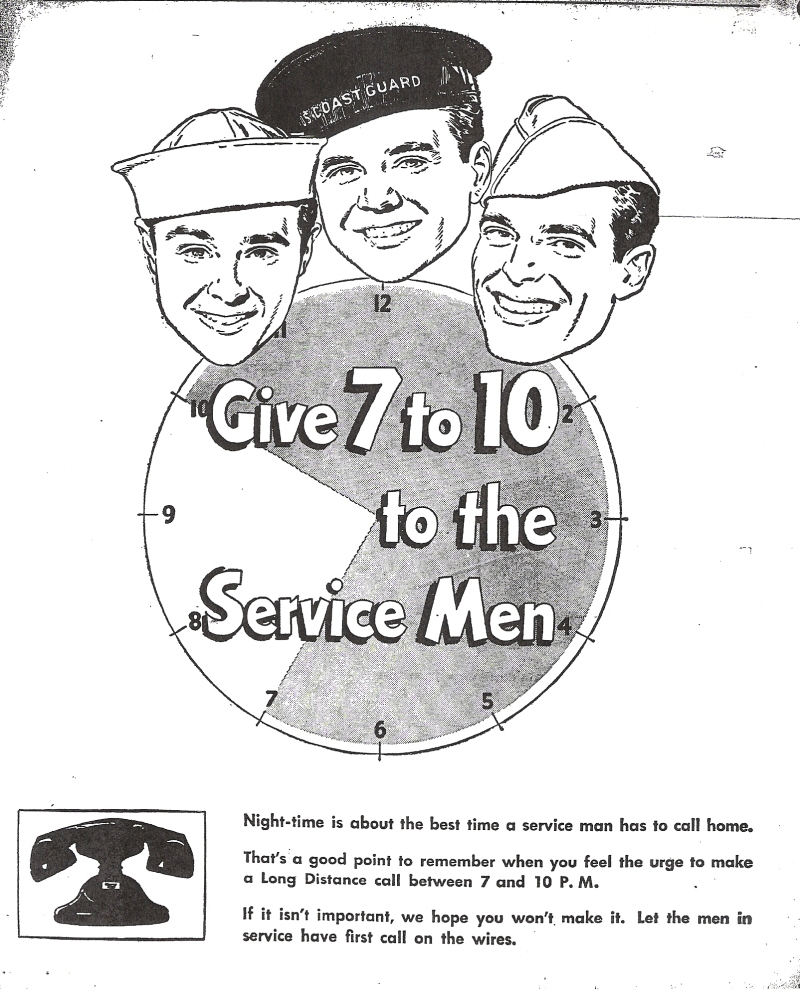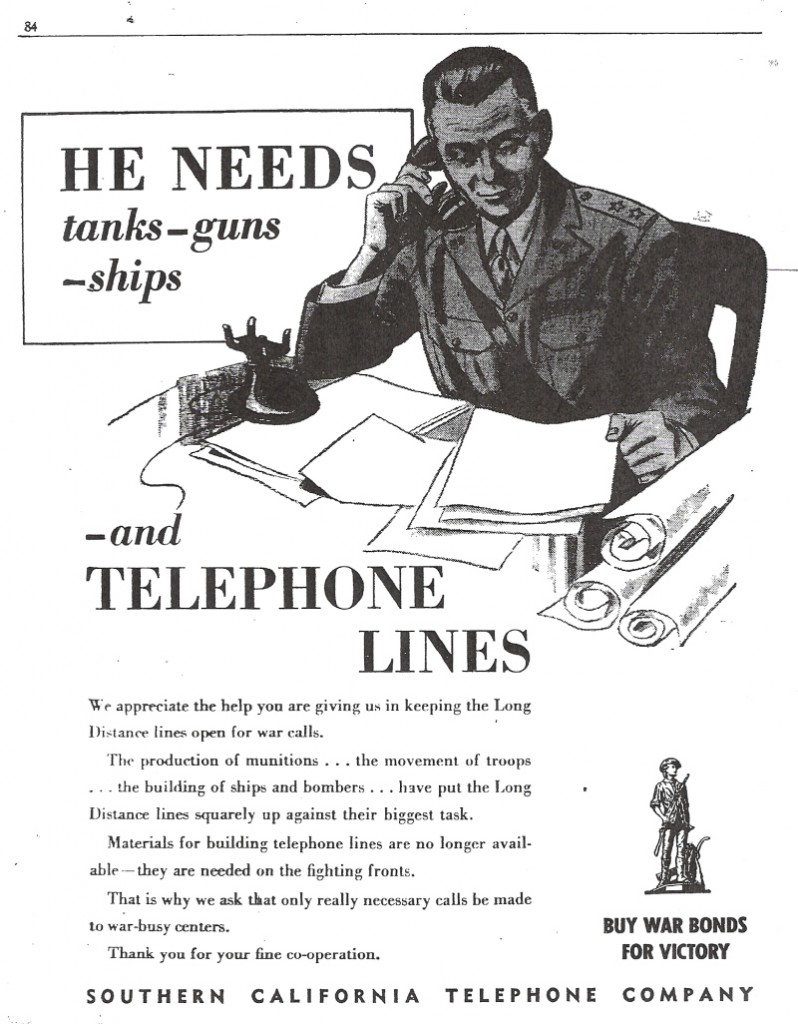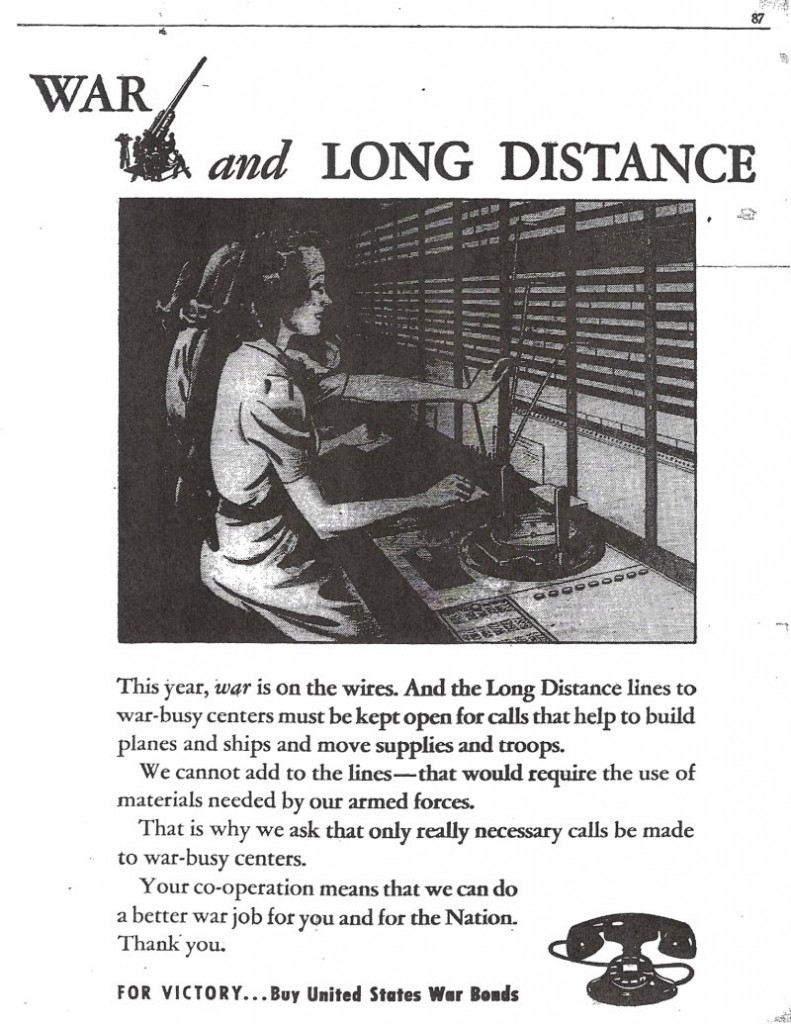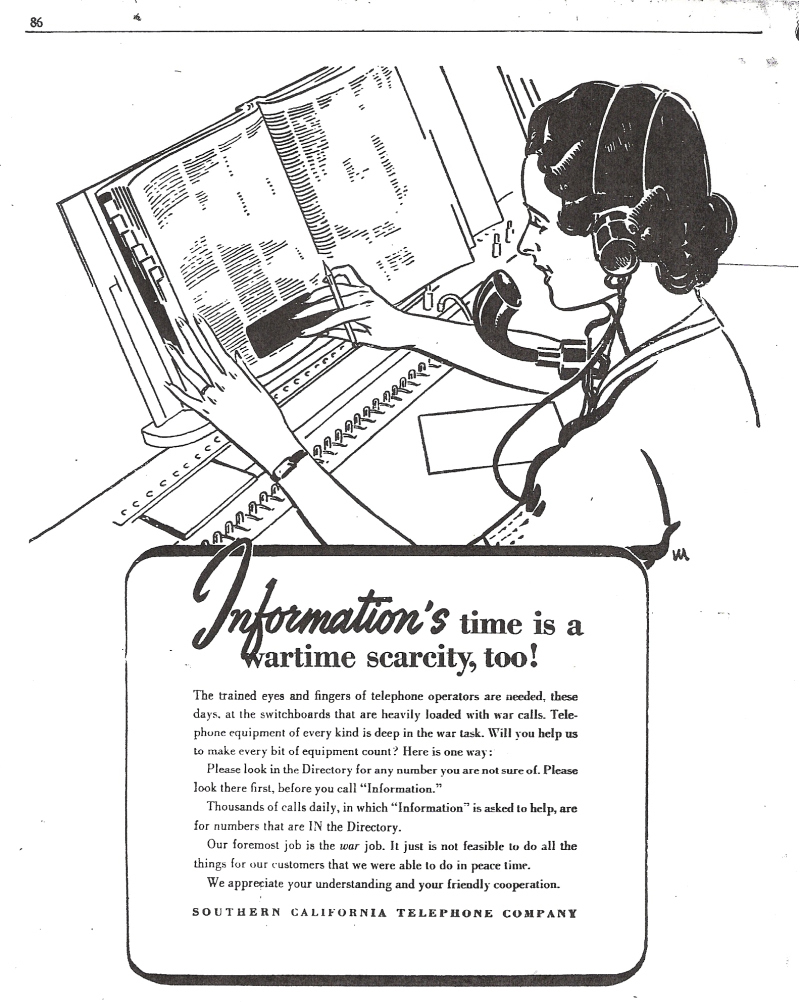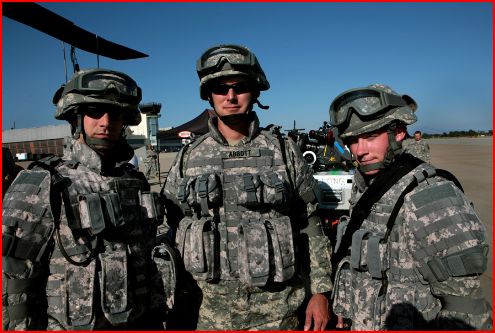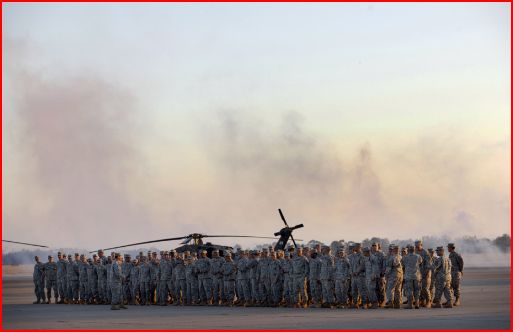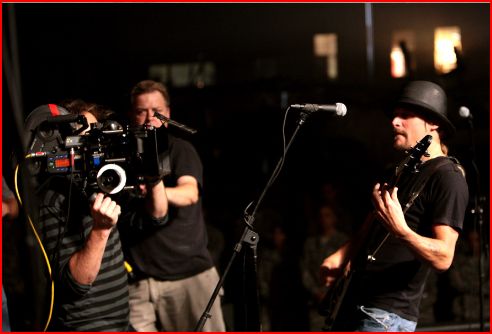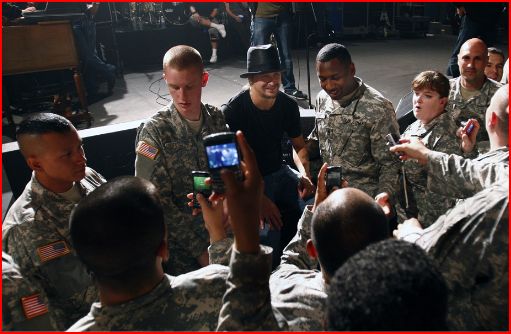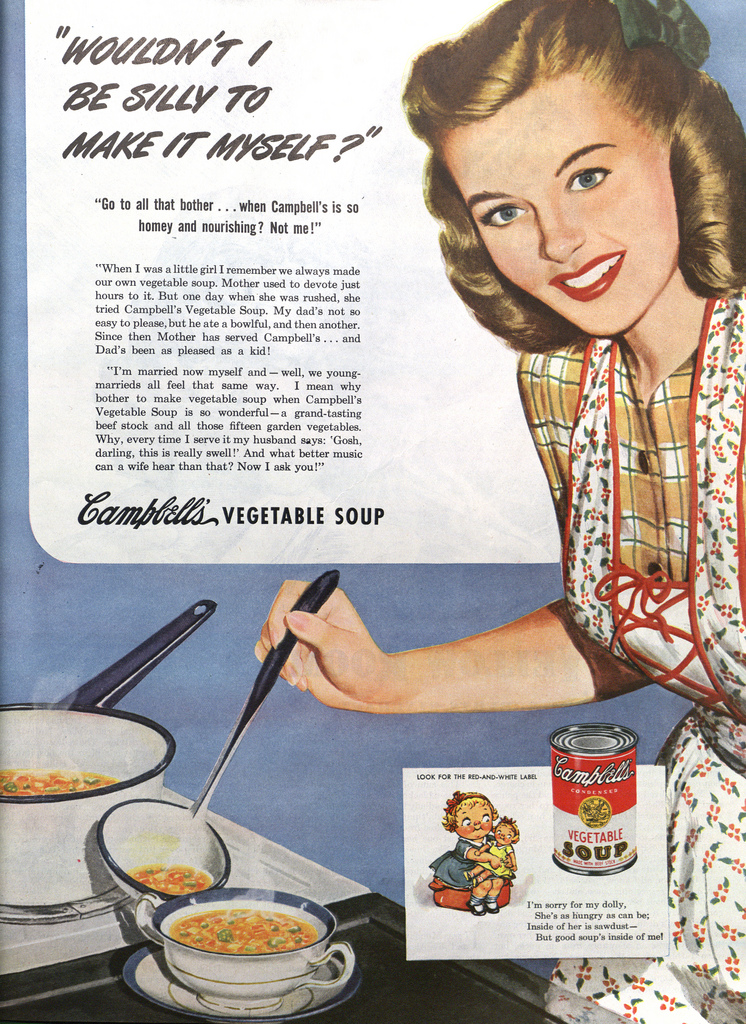I found the following Web site, PzG, as I was comparison shopping on the Web for a 1:6 action figure that I wanted for customization [to strip of the Nazi associations and use for other, fictional purposes!]. PzG bills itself as “Your Third Reich Nazi Adolf Hitler HQ!” According to its index page, it sells
Distinctive Panzer, Kriegsmarine, Luftwaffe, Waffen SS, and German WWII Nazi resources for hobbyists, teachers,museums and all students of Third Reich history in one convenient location.
As I clicked through the various pages of the site, I quickly realized that it was an Aryan supremacist/Nazi apologist storefront. Interestingly enough, though, PzG knows that its views are objectionable to many and even addresses this on the page selling mousepads.
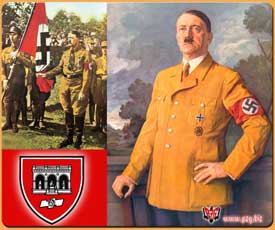
The mousepad page says:
No place to hang your favorite war art or recruitment poster? Wife or roomate [sic] dosn’t [sic] approve of your artwork selections? NOT A PROBLEM ANYMORE! Get your perfect piece of historical nazi artwork in an everyday usable format. Get all your favorite designs and change your mousepads often to keep your workspace an inspiring and motivational headquaters [sic].
Note how the page acknowledges that spouses and housemates probably won’t like pro-Nazi displays in their houses. Nevertheless, the page accentuates the “positive” attributes of Nazi culture and iconography [creating an “inspiring and motivational” work place], but never forgets its militaristic origins [mousepads are used in “headquaters”]. This site especially sparks discussions about the use of language to construct a societally acceptable image for a group that most people would find viscerally objectionable.
Incidentally, on the same site, you can also find the site owners’ discussion of the Mothers’ Cross [medals given to women under the Third Reich who birthed many children]. The historical discussion of these medals shifts almost seamlessly into a glorification of the site owner’s large, expanding family, with photos of wife and children as they grow. Is this family practicing the principles elaborated in our earlier discussion about the Mothers’ Cross medal?

